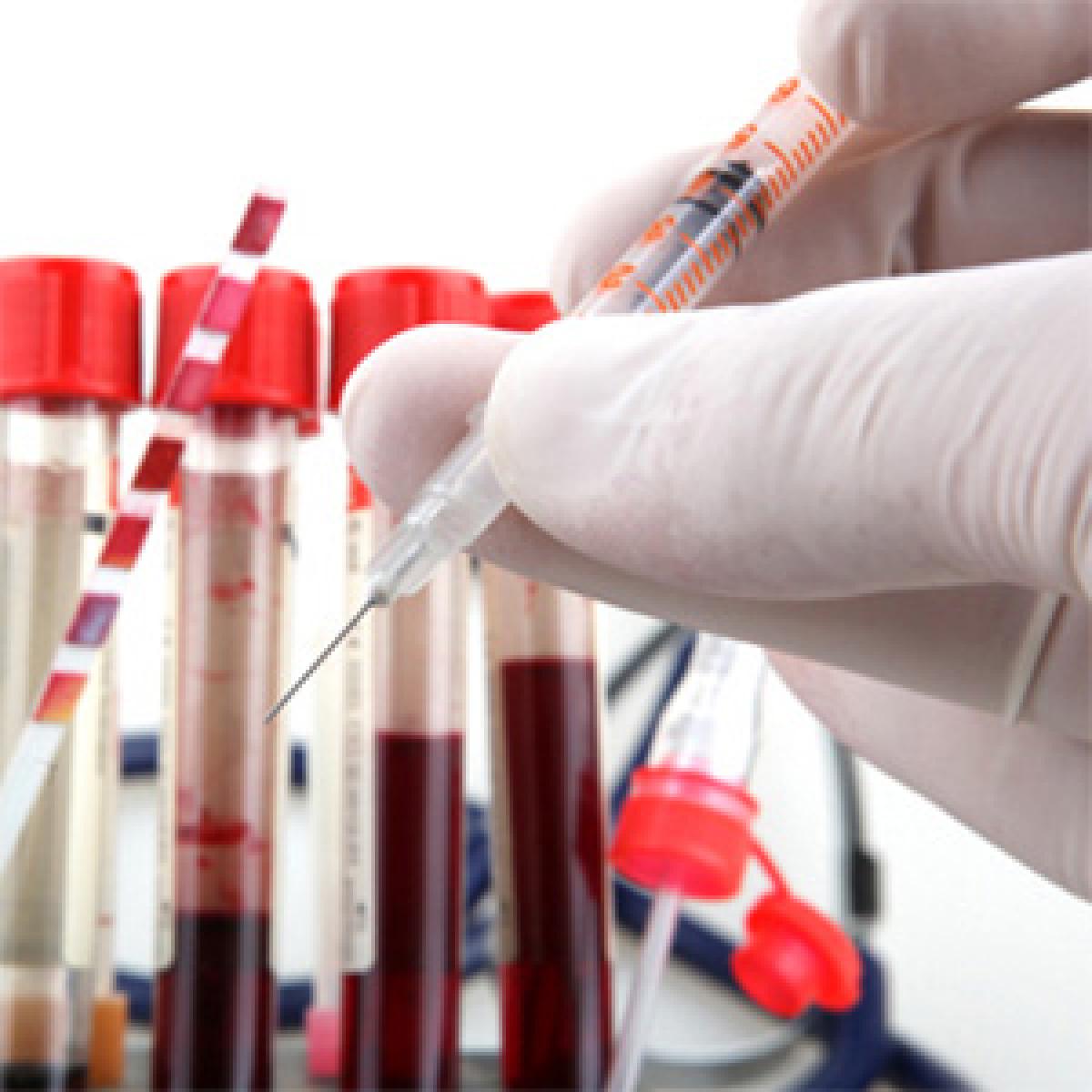New rapid TB tests could reduce mortality

New rapid TB tests could reduce mortality. Researchers have documented the accuracy of three new tests for more rapidly diagnosing drug-resistant forms of tuberculosis (TB) which could ultimately make treatments more effective and reduce mortality.
 Researchers have documented the accuracy of three new tests for more rapidly diagnosing drug-resistant forms of tuberculosis (TB) which could ultimately make treatments more effective and reduce mortality.
Researchers have documented the accuracy of three new tests for more rapidly diagnosing drug-resistant forms of tuberculosis (TB) which could ultimately make treatments more effective and reduce mortality.
"Our study shows that TB testing that once took two to three months can now be done in as little as a day," said study co-author Richard Garfein, professor University of California, San Diego School of Medicine in the US.
"This means we can put people on the right medications sooner, spare them the toxic effects of drugs that are ineffective and prevent the development of drug resistant forms of TB that can occur when the wrong medications are given," Garfein noted.
TB remains one of the world's deadliest infectious diseases, causing an estimated 1.5 million deaths in 2013, according to the World Health Organisation. TB is also the leading killer of people who have HIV.
For the study, sputum (a mixture of saliva and mucus coughed up from the lungs) from 1,128 study participants at TB clinics in India, Moldova and South Africa were examined using three rapid tests for detecting drug-resistant forms of TB.
Two of these tests use molecular techniques to look for genetic mutations in the pathogen's DNA that confer resistance to antibiotics. The third test employs a low-cost and easy-to-use version of the standard bacterial culture technique, making it suitable for resource-limited community clinics and hospitals.
Results from the rapid tests were then compared to the reference standard technique for detecting resistance to seven of the most important anti-TB drugs. These comparisons showed that all three rapid assays accurately identified resistance to first- and second-line oral antibiotic treatments (isoniazid, rifampin, moxifloxacin and ofloxacin).
They were less accurate but still very good at detecting resistance to injectable antibiotics (amikacin and capreomycin) typically administered to those with multi-drug resistant TB. The study was published online in the current issue of PLOS ONE.



















